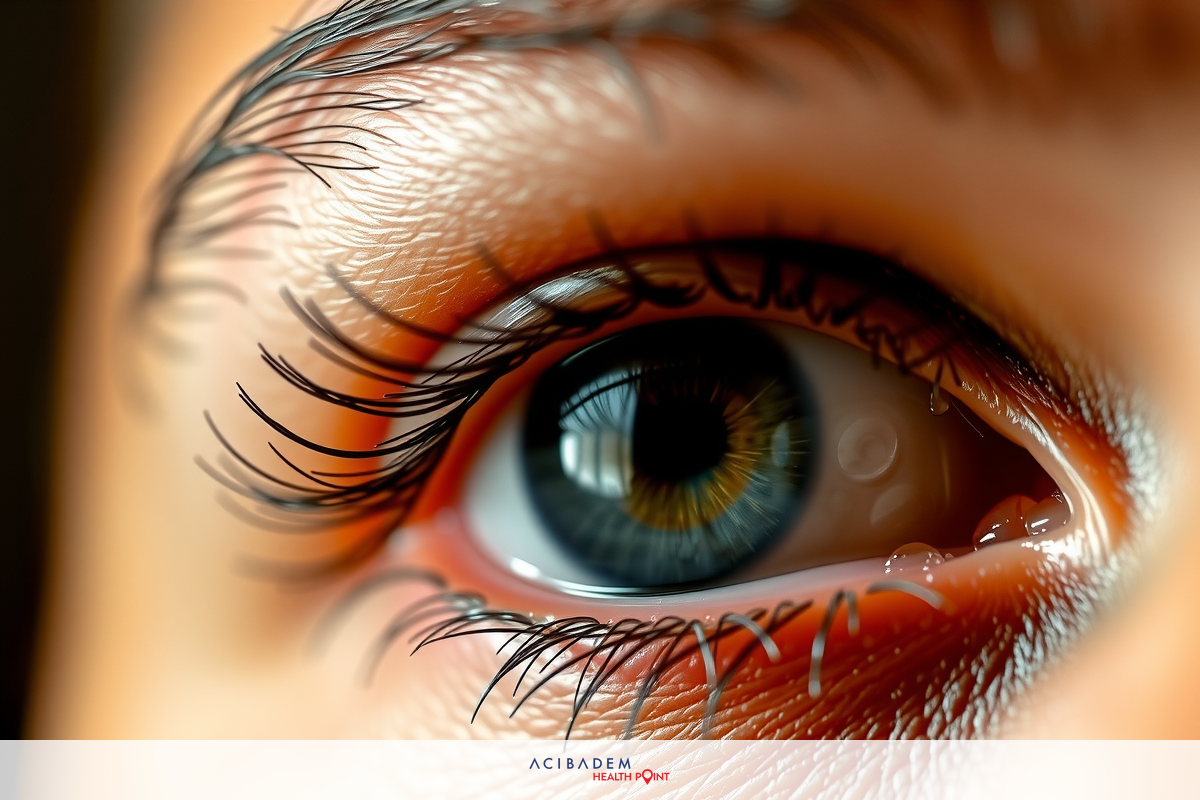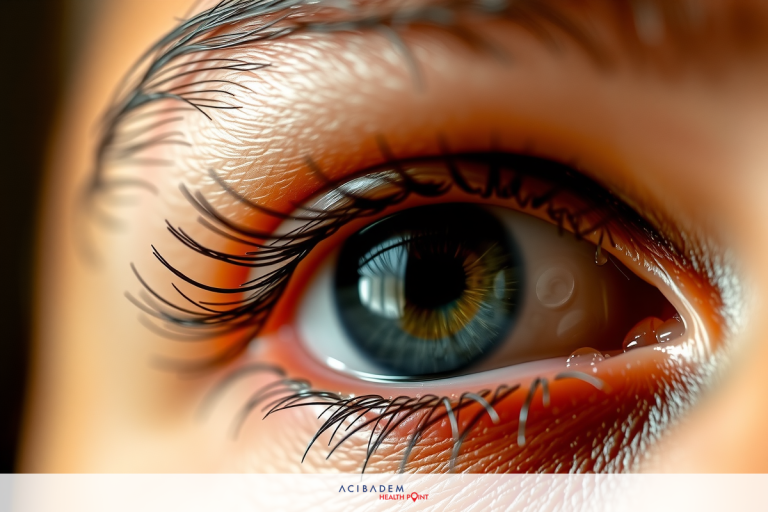What Cause Dry Eyes From LASIK Surgery
What Cause Dry Eyes From LASIK Surgery Dry eyes after LASIK surgery can be an unexpected result, yet it is not unusual. The post-surgical changes in the eye often lead to this condition. A common transformation that occurs during the healing process involves tear production – a crucial element for maintaining eye health and comfort.
The environment plays a substantial role as well; dry climates, air-conditioned spaces, or constant exposure to computer screens can exacerbate the dryness experienced by patients who have undergone this corrective vision procedure. Understanding these factors helps one manage symptoms more effectively and ensures better long-term outcomes from their LASIK surgery.
Post-Surgical Changes
In understanding the occurrence of dry eyes after LASIK surgery, it’s essential to consider the natural changes that occur post-operation. The corneal nerves, which play a significant role in tear production and eye moisture regulation, undergo substantial alterations during this surgical procedure. Any disruption to these structures can lead to decreased sensitivity of the cornea – an issue linked directly with dry eye syndrome.
When we examine LASIK surgery more closely, it involves creating a thin flap on the surface of your cornea. This process is not without its effects; indeed, it impacts crucial components that contribute significantly to maintaining optimal ocular health. One such component affected is Meibomian glands – lipid-producing glands located within our eyelids. These glands are responsible for producing oil which forms part of our tear film’s outer layer and prevents rapid evaporation of tears.
Post-surgery disruptions don’t end there; let’s turn our attention towards another key player in this scenario: lacrimal gland function or rather dysfunction following LASIK surgery. Beyond merely relying on external factors like environmental conditions or lifestyle habits (prolonged screen time), internal aspects such as hormonal fluctuations can also influence tear production levels drastically – propelling many patients into bouts of intermittent or persistent dryness post-LASIK.
Reduced Tear Production
LASIK surgery, while improving visual acuity, can sometimes have a temporary effect on tear production. This decrease in tear production is often one of the leading causes of dry eyes after LASIK surgery. It is important to understand that tears aren’t just for crying; they provide essential lubrication and nourishment for our eyes. The reduced tear production post-LASIK could be attributed to the surgical disruption of corneal nerves that play a crucial role in stimulating tear secretion.
Now consider this – our tears are not merely water but rather a complex mixture composed of oil, water, mucus as well as antibodies and special proteins. Each component plays its part – where oil prevents evaporation, mucus aids distribution across the eye surface and proteins along with antibodies combat potential infections. A reduction in any one element due to decreased overall production can upset the balance needed for optimal eye health.
An interesting fact about dry eyes after LASIK is that it’s most often temporary. As time passes following surgery – usually 3-6 months – nerve regeneration occurs gradually restoring normal function including balanced tear production levels contributing towards resolving symptoms associated with dryness such as discomfort or blurry vision if present at all during this recovery period.
Environmental Factors
Let’s shift our focus to the environmental factors that can aggravate dry eyes post LASIK surgery. These are often

overlooked but play a significant role in eye health. A range of external conditions such as weather, humidity levels and air quality, can affect the tear film on your eyes leading to increased evaporation and subsequent dryness.
For instance, living or working in an arid climate with low humidity could exacerbate dry eye symptoms. Indoor environments aren’t exempt from this either; air conditioning systems reduce moisture level in the air making it drier – a situation not ideal for maintaining optimal tear film stability thus potentially contributing towards elevated discomfort among LASIK patients experiencing post-surgical dryness.
It’s also worth noting that prolonged exposure to digital screens may worsen dry eyes after LASIK surgery. The reason being when we fixate on screens, our blink rate decreases significantly which disrupts normal tear distribution across the cornea promoting rapid evaporation especially if already dealing with reduced production due to surgical changes discussed earlier. While it might be challenging completely avoiding these factors given modern lifestyle demands – awareness about their potential impact can help adopt preventive measures like taking regular screen breaks or using humidifiers indoors thereby ensuring better long-term outcomes following LASIK procedure.
What Cause Dry Eyes From LASIK Surgery: Frequently Asked Questions
What is the likelihood of experiencing dry eyes after LASIK surgery?
While it varies from individual to individual, many patients experience some degree of dryness post-LASIK. However, this is typically temporary and improves over time as nerves regenerate and tear production returns to normal.
Are there preventive measures to reduce the risk of dry eyes post-surgery?
Yes, indeed. Optimizing eye health prior to surgery can help. This might include managing any pre-existing dry eye conditions or adjusting lifestyle factors that contribute towards ocular surface drying such as reducing screen time or avoiding exposure to excessively air-conditioned environments where feasible.
How long does it usually take for symptoms of dry eyes to resolve after LASIK surgery?
Generally speaking, most patients notice an improvement in their symptoms within three months following surgery. Everyone's healing process is unique so timelines can vary depending on individual circumstances including overall health status or presence of other underlying ocular conditions if any.
Is there anything I can do about environmental factors contributing towards my post-LASIK dryness?
Absolutely! Being mindful about your surroundings can go a long way in minimizing discomfort associated with increased tear evaporation due to external influences like arid climate or indoors AC systems - consider using humidifiers at home/workplace; remember taking regular breaks during prolonged screen use ensuring adequate blinking which aids natural tear distribution across corneal surface.








